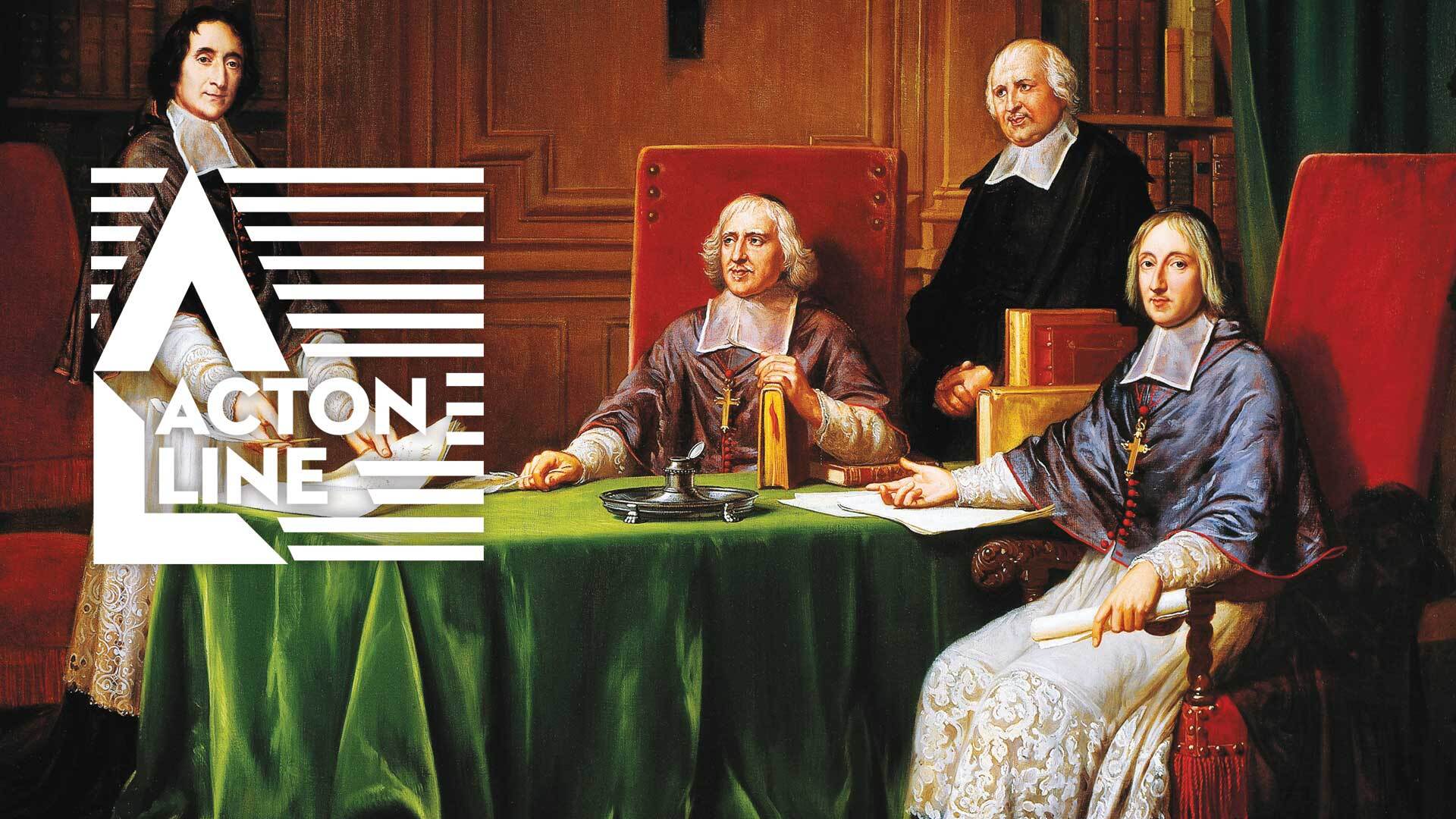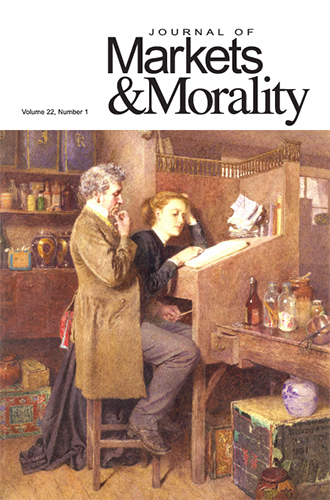June 10, 2020
Acton Line podcast: An introduction to François Fénelon, the forgotten philosopher
In 18th century France, the most-read book after the Bible was a work on political philosophy written by the Roman Catholic archbishop François Fénelon. Unfortunately, Fénelon’s writings on economics, politics, and theology have largely been forgotten, as only a fraction of his work has been translated into English. Continue Reading...

